Give Them Space: 10 Reasons Kids Need Astronomy
Fifteen years ago this week, I made a choice that changed my life and, I hope, a few others. After decades of casual stargazing, I decided to take astronomy seriously. As is my style, I dove deep, fast.
Not long after, an online friend offered me something extraordinary: an 8-inch telescope, far more powerful than the modest one I’d bought myself. The only condition? Use it to share the skies with others. I said yes.
Since then, hundreds, maybe thousands, of people have looked through my now-many telescopes and binoculars. They’ve seen the craters of the Moon, the storms of Jupiter, the rings of Saturn, and the delicate light of galaxies so far away that the glow we see began its journey before modern humans walked the Earth.
Every “Wooooooow” that bursts out of a child seeing Saturn for the first time makes me grateful I said yes. And after 15 years, I’ve learned this: kids and adults who have never looked through a telescope are my favorite audiences. Both carry wonder. But with kids, they can take today’s awe with them into many more tomorrows.
Here are ten reasons why giving kids the gift of the stars matters today, maybe more than ever.
1. It’s Real
In an age of AI, screens, and endless scrolls, astronomy is grounding. No filters, no algorithms. Just truth. When a child learns that the light they’re seeing bouncing off Saturn left the sun over two hours ago, the fake world loses a tiny bit of its grip.
2. Awe and Wonder
The night sky is often a child’s first encounter with scale, real scale. For a moment, our whole existence is both a mind-blowing miracle and utterly insignificant. Both realizations are good for the soul. And character. We could use some of both today. We’ll need more tomorrow.
3. Curiosity About Science
A single glimpse of Jupiter’s moons does more than any textbook chapter. It sparks the same questions in a kid as it did to Galileo. Why do they move? How big are they? What else is out there? Curiosity is the first step to knowledge.
4. Family and Community
Stargazing can be a shared wonder. Whether on a Scout camping trip or a backyard gathering, it forges memories across generations and groups.
5. Space Is Stories
The human currency is stories, and constellations are some of our oldest. From Orion’s hubris to the Great Bear to Polynesian navigation, kids can step into a tradition that ties them to thousands of years of human imagination.
6. Patience in a Fast World
Unlike their phones, Saturn doesn’t appear instantly. Kids learn to wait, to focus, to let their eyes adjust. They come, excited to see the moon, then learn that a thin layer of clouds is preventing that, and there’s not a damned thing they can do about it. Astronomy slows life down in the best possible way, and teaches us that we can’t always get what we want.
7. Lessons in Cycles
Phases of the Moon, rising planets, and seasonal constellations all teach that change is natural, patterns matter, and nothing lasts forever.
8. A Better Future
Future astronauts, engineers, and artists will trace their path back to one night at a telescope. I still remember staring at Orion’s Belt as a boy, decades before that first 8-inch scope.
9. The Call of the Outdoors
Stargazing drags kids outside, into the dark where the world is a little uncomfortable, maybe even a little thrilling. It’s a taste of real adventure.
10. Life Imitates Art...or the Other Way Around
I was a Star Wars kid. Seeing real binary star systems like Tatooine’s, or an icy moon like Hoth, bridges fiction and reality and gives me chills. And when a child looks at Saturn and says, “That looks like the sticker on my wall,” you realize they were dreaming about the sky long before they looked through the eyepiece. Dreaming about the escape that art provides.
Fifteen years into this journey, I could give you a dozen more reasons. But the truest reason is this: every time I pull out a stepstool for a kid to reach the eyepiece, and then wait for someone’s wide-eyed Wooooooow, I remember why I keep doing it.
So, give them space. Space to dream. To explore. To fail. To struggle. To wonder.
Because wonder is contagious. And in a world that too often feels small and cynical, the night sky reminds us that life is vast, beautiful, worth sharing, and—dare I say it—offers us perspective.
__________________
Interested in showing your kids the stars above? Follow us on social to learn about our partnership with Long View Ciderhouse, or learn more about a private astronomy viewing at your own home!
